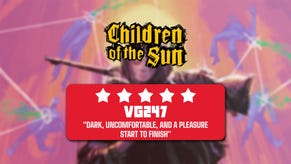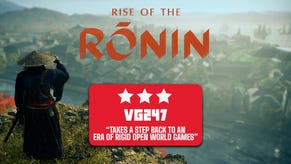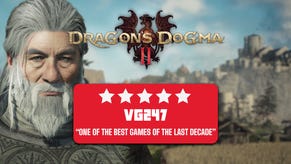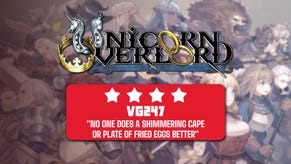Marvel's Guardians of the Galaxy: The Telltale Series Episode 1 Review
There's no 'I' in team, but sometimes there's definitely an MVP.
This article first appeared on USgamer, a partner publication of VG247. Some content, such as this article, has been migrated to VG247 for posterity after USgamer's closure - but it has not been edited or further vetted by the VG247 team.
As a comics fan, it's been interesting to see the path of the Guardians of the Galaxy. From an Avengers style team in the far future of the Marvel Universe, to the Dirty Dozen-style reboot of the concept in the late 2000s, to the box office success of the film; I don't think anyone 20 years ago could've predicted where the property would be today. Now we have Marvel's Guardians of the Galaxy: The Telltale Series, a new game featuring Star-Lord, Drax, Gamora, Rocket Raccoon, and Groot in classic Telltale Games style.
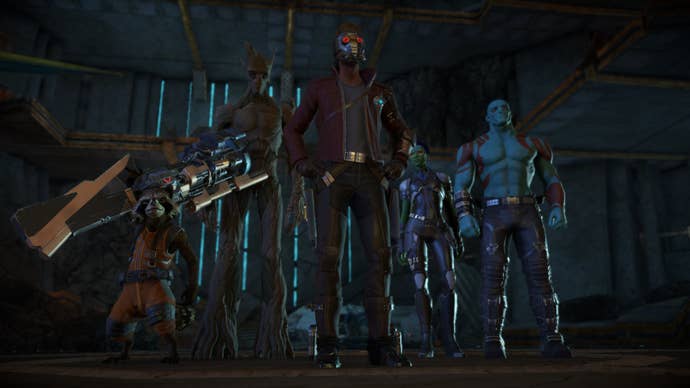
The Telltale Series starts from the film's general visual look and concept and heads off into new territory. There's stuff that mirrors the movie continuity, there are callbacks to the Marvel comic universe, and there's a bit of a time skip in the mix. The Guardians have been a team for some time, focused mostly on taking down the mad titan Thanos, who is far more visible threat than he currently is the Marvel Cinematic Universe. Telltale wants the space to tell its own story and ask a question: "What's the difference between a team and a family?"
It's a solid question to hang the story on. When a heist is over, what happens to the crew? Telltale explores the idea that the only thing keeping this group of disparate individuals together is a shared goal and potentially, a charismatic leader. Star-Lord is a freebooter, Gamora is an assassin trying to go straight, Rocket is a con-man, Drax just wanted revenge, and Groot goes where Rocket goes. They're not really heroes, they're just criminals and malcontents that fell into the role. So what's next after you've reached the top of herodom?
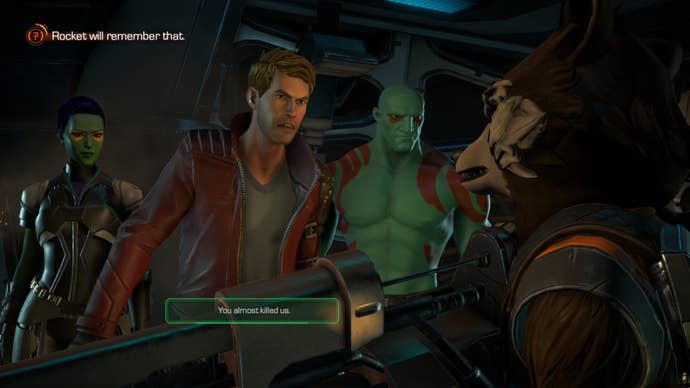
In-between these scenes of introspection, Guardians has to offer some action to keep the pacing up and the game tries its best. This episode begins in medias res, with the Guardians taking heavy fire in their ship, the Milano, offering a quick overview of who everyone is with the classic rock tunes that have become tied to the franchise thanks to film director James Gunn. There are two major fights beyond that. One is more exciting, showcasing the team working together towards a shared goal, where you jump from character to character. The second falls a bit flat, with Star-Lord doing the pew-pew with a couple of mouse-clicks without any real impact. Honestly, I found that the fighting here took away from the character interactions I wanted to see more of.
Speaking of character interactions, I am generally on board with Telltale's Guardians, but there are some dodgy portrayals here. Actor Scott Porter does a decent job as Star-Lord, feeling a little younger and less weatherbeaten in comparison to Chris Pratt's version of the character. Nolan North has Rocket Raccoon down to a science. Drax and Groot's voice actors do a decent job with what they have, with Drax in particular landing somewhere between his comic and film counterparts. (Thanos killed his family here, not Ronan the Accuser.) Yondu appears briefly, but his voice actor is trying to capture the low-class space cowboy of Michael Rooker's film performance and it doesn't quite work.
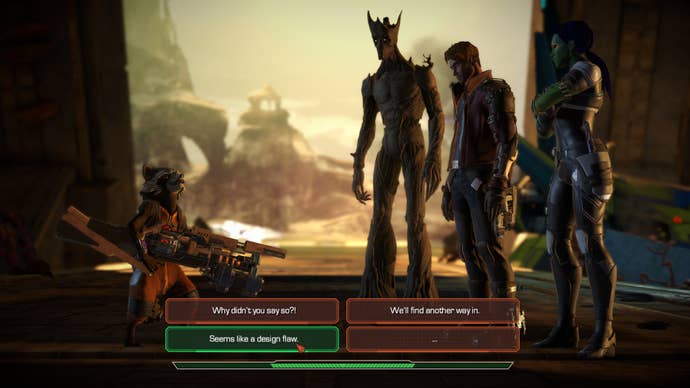
The main dissonant note for me was Gamora. Her comic and film counterparts are stoic, while the character here feels far more emotive in both the writing and the voice acting. (She's closest to the cartoon version.) I assume that's because Telltale wanted another 'human' character for Star-Lord to play off of, but the character comes across wrong to me, given my grounding in other versions. If you're coming in fresh, it probably won't be an issue, but it's hard to think of anyone really coming into this completely without any previous experience.
Guardians of the Galaxy is built on the beefed-up Telltale Engine used in Batman: The Telltale Series. It definitely looks good and the environmental artists are working with more expansive levels, but regardless, the engine is starting to show its age and the limitations of porting to mobile platforms. Further, there are a number of small glitches present in the game, from the occasional graphic stutter to broken lip-syncing here and there.
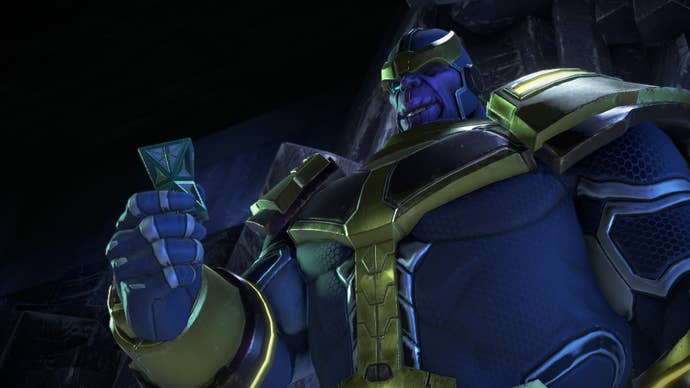
Telltale does try to offer some changes to the normal formula here. The first is a scanner that recalls the time-shifting Detective Vision from Batman: The Telltale Series, albeit in a smaller and quicker manner. The second addition comes in the form of radio communications, allowing you to check in with the Guardians crew and gain more insight into each of them, even when you're nominally playing Star-Lord by himself.
The biggest change is the ability to use Star-Lord's boot jets to move higher or lower in the larger environments. I'd like to say this changes adds a ton to the game, but the environments themselves still consist of very large rooms with only a few points to interact with. In the end, it's nothing more than a rather clunky personal elevator, adding a vertical plane to very straightforward environments.
This is a Telltale style game through and through. If you're tired of what the studio has done in the past, this won't change your mind. Batman: The Telltale Series felt like a stronger evolution of the franchise, using the Detective Vision mechanic to solve puzzles and provide more personal combat choices. So far, Guardians of the Galaxy feels like a step back from that series. In fact, Guardians of the Galaxy just adds up to a weaker start than Telltale's previous comic adaptation. Telltale surprised me with some story decisions here, so I'd like to see where they intend to take the team, but as a first episode it didn't hit me in the gut and make me excited for the next.
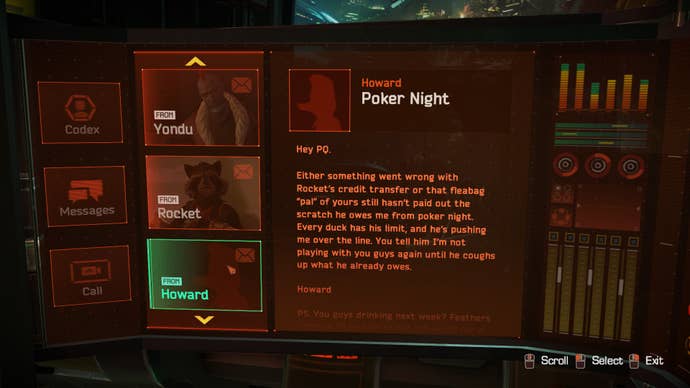
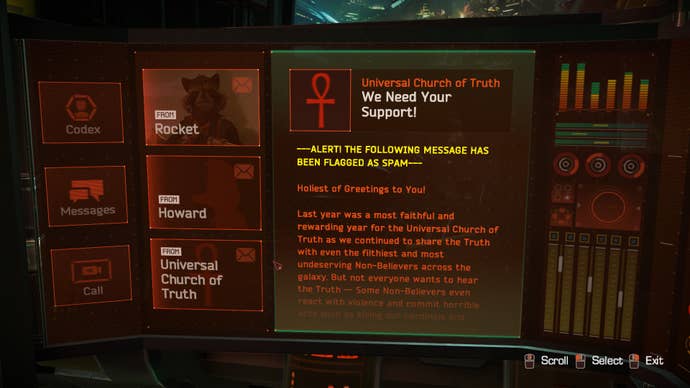
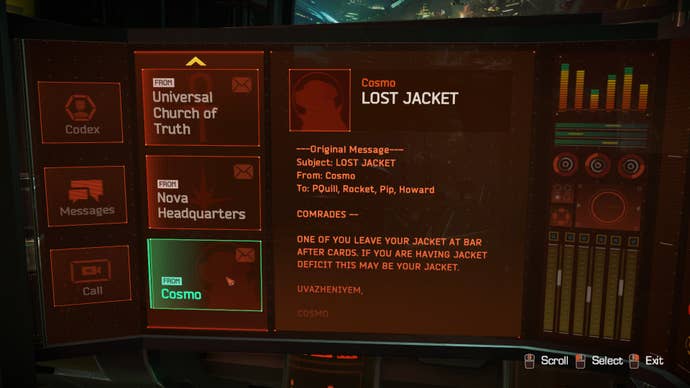
InterfaceLook man, this stuff hasn't changed. I don't know what you want from me.
Lasting AppealOnce you finish the episode - which took around an hour and a half - the only longevity is reloading and trying some of the other choices.
SoundClassic rock tunes are cool, but you can find them on Spotify or Apple Music.
VisualsThis is looking pretty good! Almost better than Batman: The Telltale Series in places, though the Telltale Engine is showing its age.
ConclusionMarvel's Guardians of the Galaxy: The Telltale Series is a Telltale game. It does what the studio does well, and falters where they normally falter. The first episode kicks off the overall story with some interesting moments, but Telltale's Batman adaptation had a stronger start and more interesting mechanics to paint over the formula.


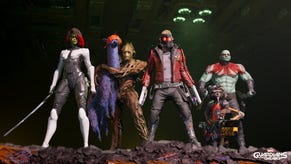
.png?width=291&height=164&fit=crop&quality=80&format=jpg&auto=webp)
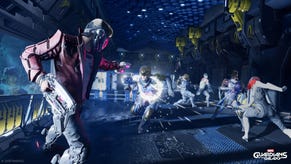
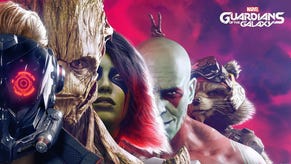

_AR55Yhq.jpg?width=291&height=164&fit=crop&quality=80&format=jpg&auto=webp)
.jpg?width=291&height=164&fit=crop&quality=80&format=jpg&auto=webp)
